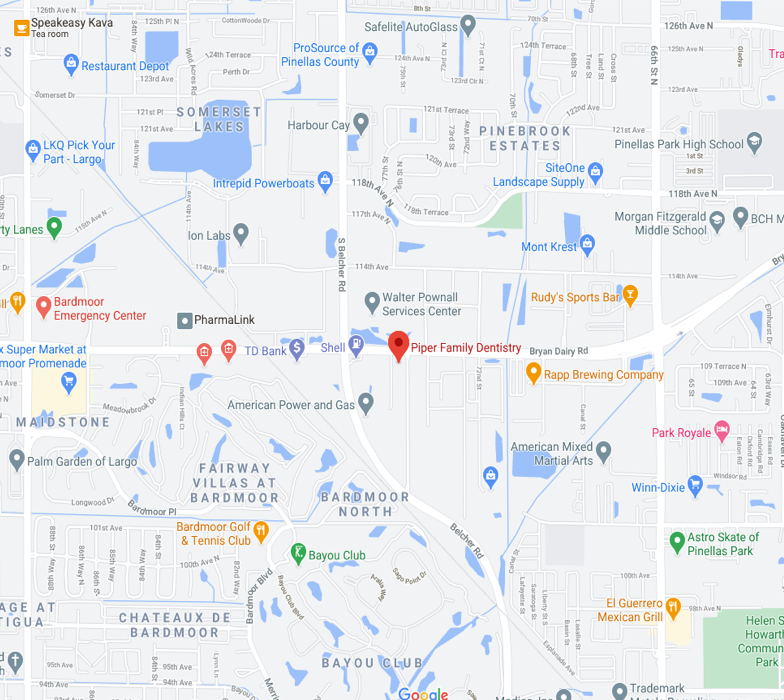 Do you struggle with jaw pain or difficulty chewing? These can be symptoms of TMJ Dysfunction, a common disorder that affects the jaw. TMJ stands for temporomandibular joint. This joint is responsible for the function and movement of your joint and is located just in front of your ear. When a TMJ disorder is present the joint cannot function properly and certain movements can become uncomfortable. TMJ Dysfunction can also create no symptoms but can silently adversely affect your joint health.
Do you struggle with jaw pain or difficulty chewing? These can be symptoms of TMJ Dysfunction, a common disorder that affects the jaw. TMJ stands for temporomandibular joint. This joint is responsible for the function and movement of your joint and is located just in front of your ear. When a TMJ disorder is present the joint cannot function properly and certain movements can become uncomfortable. TMJ Dysfunction can also create no symptoms but can silently adversely affect your joint health.
November is TMJ Disorder Awareness Month. We are helping educate patients on the treatment of TMJ Dysfunction and its related signs and symptoms.
Signs and Symptoms of TMJ Dysfunction
TMJ dysfunction can present a long list of signs and symptoms that affect your jaw and the surrounding structures. These can include:
- Jaw pain and stiffness
- Difficulty chewing
- Locking of the jaw
- Inability to open the mouth wide
- Clicking or popping sound when moving jaw
- Pain in or around the ear
- Headache, neck and shoulder pain
- Swelling of the cheeks
- Misalignment of the teeth
- Degeneration of the joint including the cartilage
While these items can be attributed to other concerns, they are often the result of TMJ Dysfunction. The only way to confirm that TMJ is the source of your symptoms is by having an evaluation with a dentist.
What Causes TMJ Dysfunction?
The exact cause of TMJ Dysfunction is unknown. With that being said, many cases of TMJ Dysfunction have been linked to jaw injuries. Other cases may be caused by arthritis or underlying conditions that can impact the joints including a misaligned bite, habits such as squeezing or clenching of the teeth, vitamin deficiencies,stress, and bad habits.
Treating TMJ Dysfunction
If you are diagnosed with TMJ Dysfunction there are several different approaches to treatment. Some patients choose a medicinal approach, relying on anti-inflammatories to manage any discomfort. More severe cases of TMJ may require a combination of treatments. These may include pain medication, bite adjustments, lifestyle changes, bite splints,massage therapy, physical therapy, or surgery to correct the joint dysfunction.
Are you suffering from painful TMJ symptoms? David W. Piper, DMD, Family Dentistry, can help diagnose and treat your TMJ disorder. We work with patients throughout Largo, FL, and surrounding cities. To schedule a consultation appointment, call us at 727-548-7100 today.

Dr. Piper is a General and Cosmetic Dentist who has proudly served Pinellas County since 1993. Both he and his team of professionals provide high quality, gentle dental care in a relaxed, personalized, and caring environment. Treating patients like family sets his practice apart from others.



